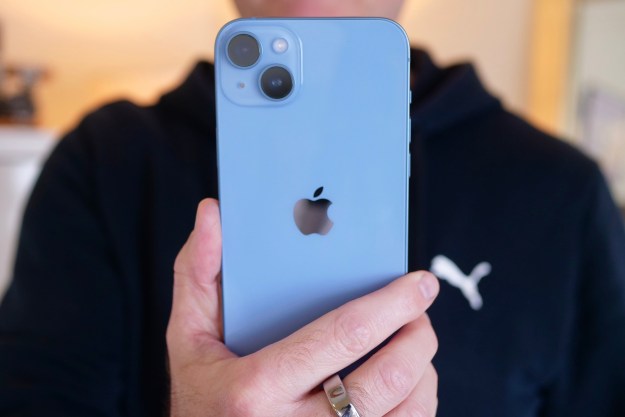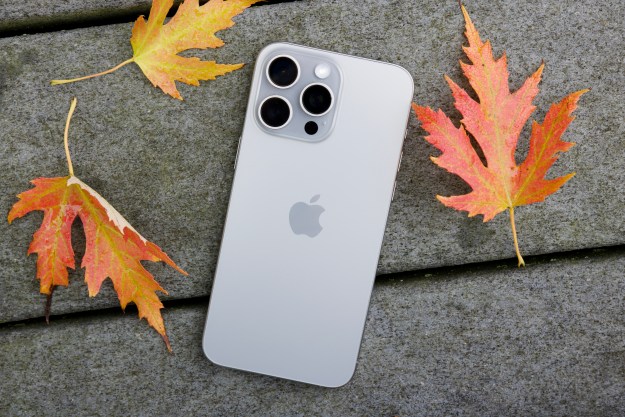A campaign group in the United Kingdom is pressing forward with a lawsuit claiming Google owes a payout to everyone who used an iPhone between 2011 and 2012, because of Google’s data gathering techniques on the Apple browser Safari. The group, “Google, You Owe Us,” accuses the technology giant of bypassing security restrictions on the Safari browser on iPhone devices to gather personal data, while insisting to users that it was not able to do so. The group claims that this bypass, known as the “Safari Workaround,” was used to sell personal data from 4.4 million iPhone users in the U.K.
And this privacy case threatens to cost Google a whopping $4.3 billion should the tech firm lose.
This week, a U.K. court heard arguments from both Google, You Owe Us and Google, and documents show that British iPhone users could receive up to $1,000 each if Google loses. On Monday, Google pushed for the case to be dismissed entirely, noting that there’s no way to check to see if users were actually affected by the Safari Workaround.
“The privacy and security of our users are extremely important to us,” Tom Price, Google UK’s communications director, said in a statement. “This case relates to events that took place over six years ago and that we addressed at the time. We believe it has no merit and should be dismissed.”

Google denies the claims, holding that the breach was not serious enough to break each users’ human rights (and that it should have originally been tried in California). Richard Lloyd, former director of product-review company Which, is representing the iPhone users, and told BBC Radio 4’s Today program in 2017 that “Google and similar tech giants from Silicon Valley are behaving as if they are above the law.” He beseeched the courts to let him hold Google to account for what he termed a deception. Legal firm Mishcon de Reya has agreed to represent the group at court, agreeing that data is a “valuable new currency,” consumer rights need to be upheld, and new systems to police them should be established.
This is hardly the first time that one of Silicon Valley’s tech giants has been sued over the misuse of data. In 2011, Apple was sued for tracking U.S. iPhone users without permission, after the iOS 4 update enabled location tracking in the background. This particular case against Google dates back to 2015, after the same campaign group won the right to sue Google over this particular breach of privacy.
Issues with the Safari Workaround date back even further; Google settled out of court with U.S. state attorneys for $17 million in November 2013, and paid a $22.5 million fine to the Federal Trade Commission in August 2012 after the FTC decided that Google had misrepresented its stance on tracking to Safari users.
This case is thought to be the first of its kind in the U.K., and may come to a dramatic conclusion in the coming weeks. Already, the amount of money in question has increased substantially; initially, the payout was expected in the $1.4 billion range. We will update this post with more information as it becomes available.
Updated on May 22: Google goes to court in the U.K. over privacy issue and could lose up to $4.3 billion.
Editors' Recommendations
- Are you having iPhone alarm problems? A fix is coming soon
- Why you should buy the iPhone 15 Pro instead of the iPhone 15 Pro Max
- Here’s how Apple could change your iPhone forever
- Why you should buy the iPhone 15 Pro Max instead of the iPhone 15 Pro
- Everything you need to know about the massive Apple App Store outage


